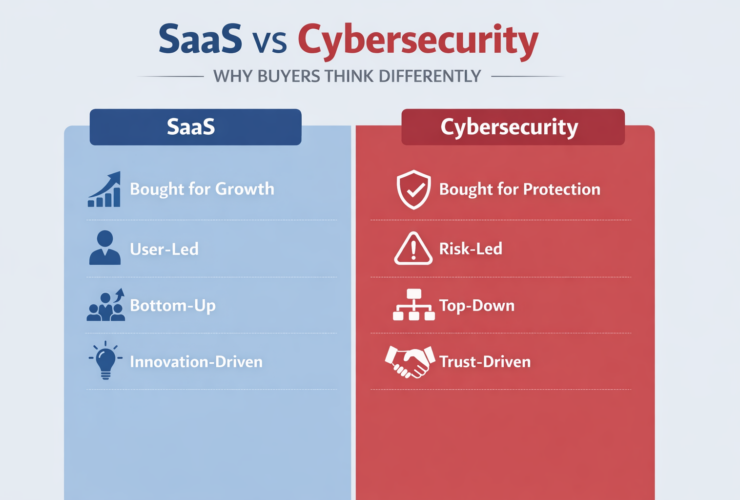Should your Company still attend Tradeshows?
Attending tradeshows can be a strategic decision for B2B companies, offering a host of benefits but also requiring careful planning to ensure a positive return on investment (ROI). Here’s a comprehensive analysis to guide your decision on whether to attend tradeshows.

Benefits of Tradeshows for B2B Companies
- Meeting New Clients: Tradeshows provide a platform to meet potential clients face-to-face, facilitating quicker trust-building and a deeper understanding of client needs.
- Closing Existing Deals: These events can accelerate the sales cycle by offering an opportunity to meet with decision-makers in person, potentially closing deals that have been in the negotiation stages.
- Brand Building: Tradeshows are excellent for enhancing brand visibility and reputation, especially when you can showcase your products or services directly to a relevant audience.
- Market Research: Engaging directly with customers and competitors provides insights into market trends and product feedback.
Tradeshow Success Stories
- Airbnb used tradeshows effectively in their early days to create buzz and educate potential hosts and renters about their new business model.
- Salesforce has famously leveraged its annual Dreamforce conference not only as a tradeshow but also as a key event for product announcements, customer engagement, and extensive networking.
Perils of Lack of Planning
Attending a tradeshow without adequate preparation can lead to:
- Poor ROI: Without targeted goals, staff training, and pre-event marketing, companies may see little return on the substantial investment required to attend tradeshows.
- Missed Opportunities: Failure to schedule meetings in advance or identify key attendees can result in missed opportunities to connect with potential clients.
- Brand Damage: Poor presentation or unprepared staff can harm a company’s reputation rather than build it.
Types of Companies That Should Attend Tradeshows
Companies with a higher Average Contract Value (ACV), typically over $10,000, tend to benefit more from tradeshows due to the potential high return from just a few deals. These settings are ideal for businesses offering complex or high-value solutions where sales cycles are longer and relationships are key.
ROI of Tradeshows
Calculating the ROI involves several factors:
- Costs: Include booth rental, travel expenses, staff time, and promotional materials.
- Returns: Typically measured in new leads, sales closed, and the value of enhanced brand recognition.
- Example: If the cost to attend a tradeshow is $15,000 and a company closes deals worth $150,000, the ROI is substantial. However, lead nurturing and a strong follow-up cadence post-event is crucial to realise these potential sales.
Tradeshow Conversion Rates Across Regions
- Middle East, Africa, LATAM, APAC: In these regions, tradeshows are highly valued for building brand presence and forging strong business relationships. The personal interaction is often crucial in these markets.
- UK and Ireland: While effective, the impact of tradeshows can vary. In some sectors, digital marketing may complement or even substitute for physical events.
- Western Europe: Performance can vary significantly across countries. In nations like Germany, tradeshows are a cornerstone of B2B marketing strategies, especially in manufacturing and tech sectors.
Conclusion
Organisations need to carefully evaluate whether attending a tradeshow would be ROI positive. The decision should align with strategic objectives—whether it’s for brand building, lead generation, or market research. Companies must tailor their approach based on the specific tradeshow and regional market characteristics to maximise their investment. In-depth planning, clear objectives, and post-show follow-up are critical to tradeshow success.

